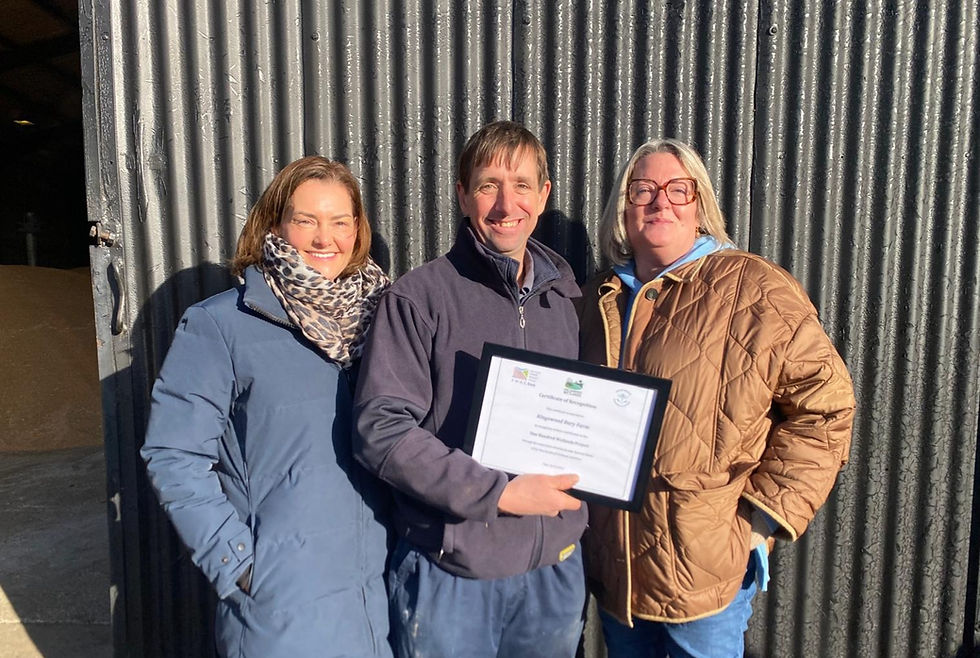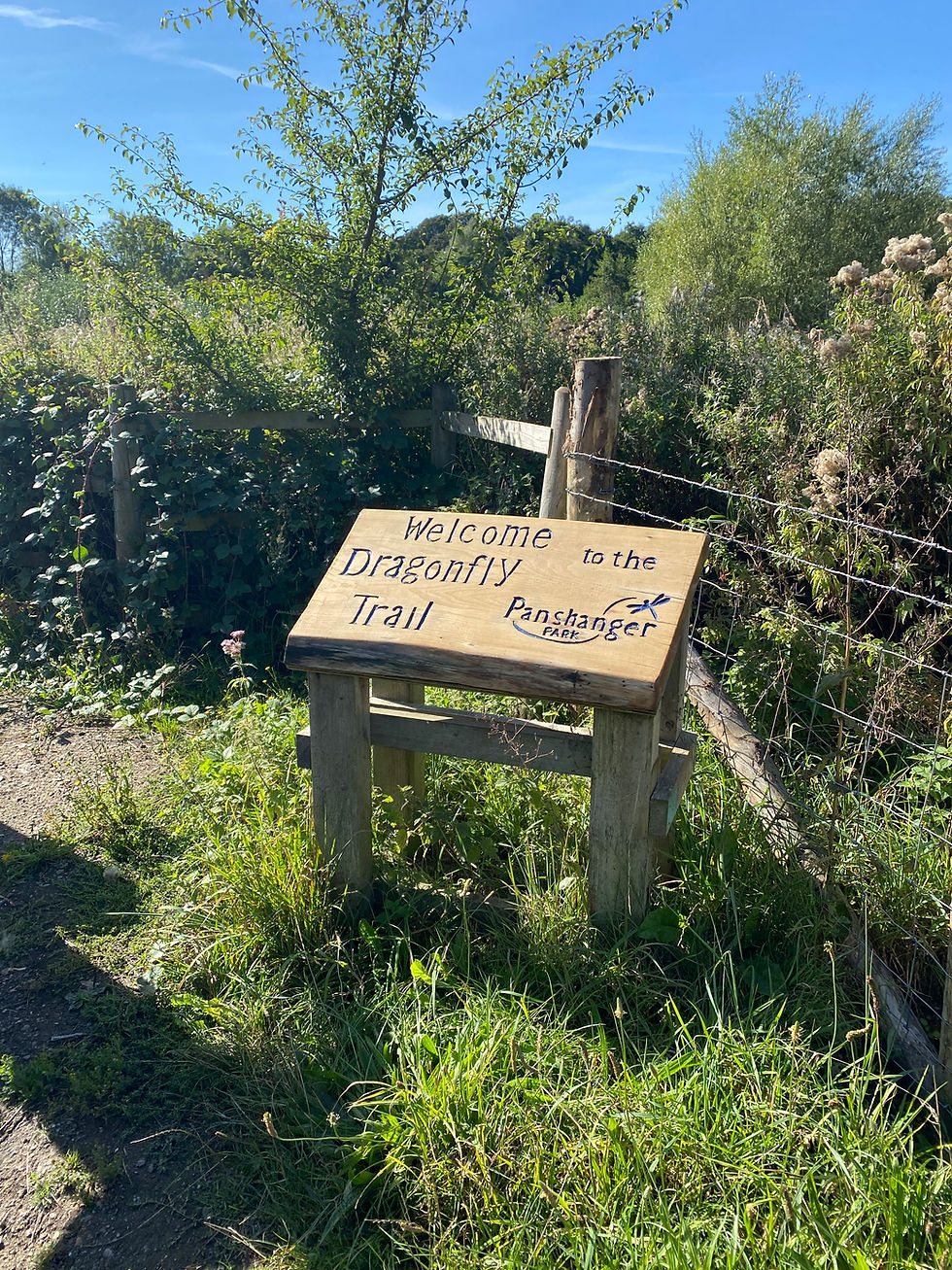Farming with Beneficial Insects - Perspectives from G's Fresh Produce
- Jilly McNaughton

- Jun 15, 2022
- 2 min read

Aside from being a bit of a mouthful, 'Integrated Pest Management' is one of those areas which sounds incredibly dull but is in fact absolutely fascinating. Arguably, it is also the future of farming, along with other regenerative approaches. The past half century has seen huge increases in IPM take up, but how do we make it fully mainstream, especially in outdoor crop protection? With pesticides being removed from sale and fewer coming to the market, how are we to farm in the vacuum that is left?
A few years ago, when we lived in California, I was very impressed when my nine year old daughter came home and told me they were learning about Integrated Pest Management at school. California is where this approach was born in the 1950s and it made me wonder why, given how fundamental invertebrates are to all of the food we consume (and arguably to life on earth), we aren't taught more about them from a very young age - right through to adulthood?
I recently had the pleasure of interviewing IPM specialist Dr Richard Binks and Stirling Fenton, G's Fresh Organic Grower, at a training event for Marks & Spencer’s Select Farm Growers as part of their ‘Farming with Nature’ programme. The event was held at G's Fresh (Cambs Farms Growers) in the beautiful Cambridgeshire fens. (Incidentally G's Fresh's recent Open Farm Sunday had 9,000 visitors - so more power to them for helping to get the IPM messages out to the public!).
Some take-homes from the day were:
"Conservation has to go hand in hand with production. Here, the farming doesn't get in the way of the conservation, and the wildlife doesn't get in the way of having a productive farm".
Stirling Fenton, G's Fresh Organic Grower

"In the vacuum left by the loss of chemical crop protection products, we're starting to develop biological solutions for outdoor growers which we've never had before. It's an exciting time to be in IPM".
Dr Richard Binks, Founder of Freshtec Agricultural Consultancy

"I like to think of the SAFE approach to encouraging beneficial insects. S is for 'shelter', A is for 'alternative prey', F is for 'flower-rich habitat', E is for 'environment'."
Pat Neylon, FWAG East Business Manager

"When you think of the sheer number of crop pests and their natural enemies, it can feel a little overwhelming to growers. But you really don't need an encyclopaedic knowledge of their interactions to get the basics of right. IPM is about having enough connected semi-natural habitats on the farm which give natural enemies good access to the crop and enable them to complete their lifecycles."
Jilly McNaughton, FWAG East Assistant Farm Environment Advisor
You can hear the full podcast below. Listen out for the game of ‘Beneficial Insect Top Trumps’ towards the end - which insect hero would you choose?!




Comments